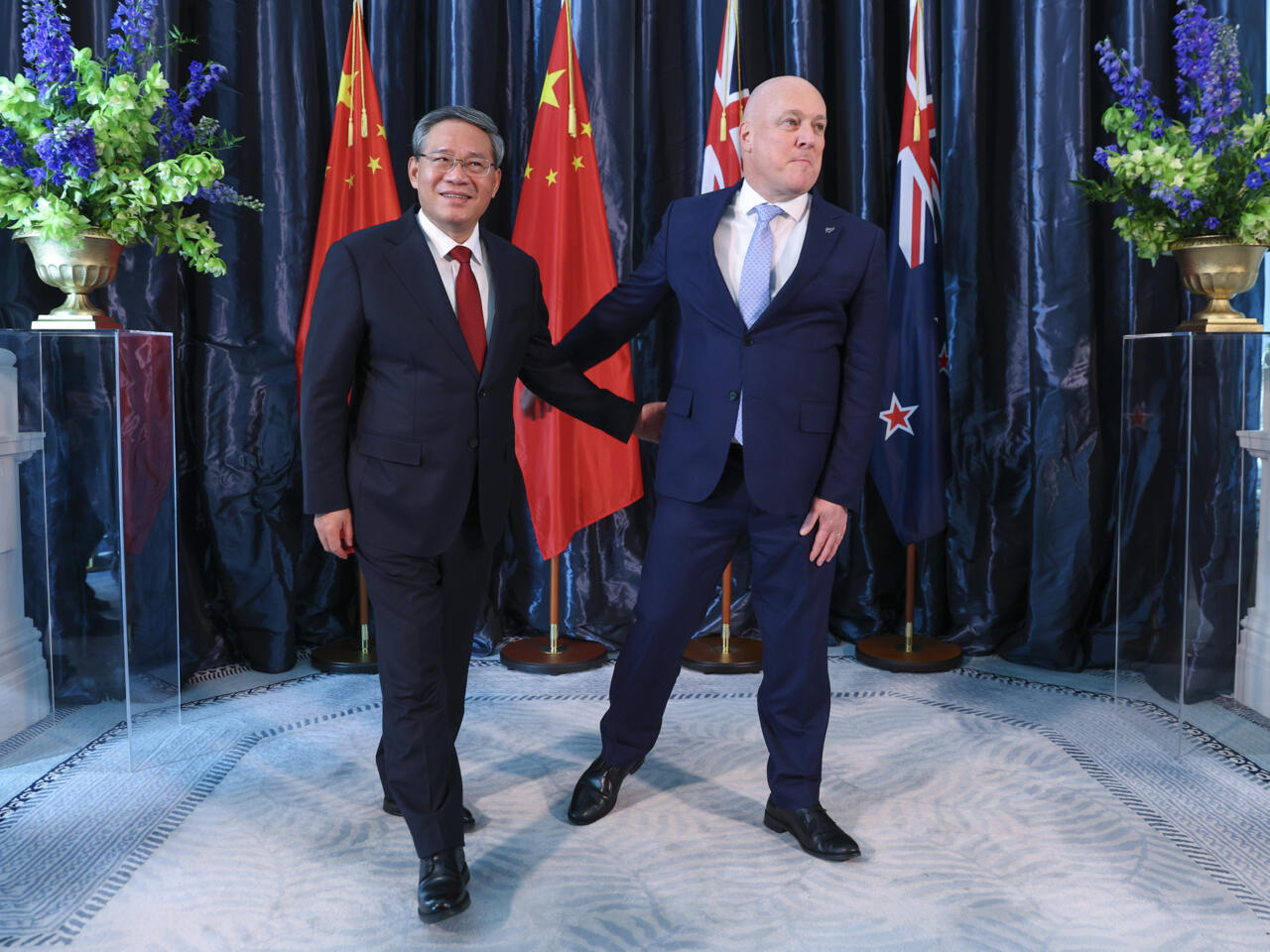The scandal involving a Zhejiang University professor forging a Cambridge University invitation letter, resulting in over 20 students being denied UK visas for 10 years, has caused a major uproar in both the academic community and broader society. This incident is not only a severe breach of academic integrity but also highlights deeper issues within the education system, including academic inflation, profit-driven motives, and a lack of oversight. This article explores the event’s background, analyzes the responsibilities involved, examines its deeper causes, and suggests directions for improvement.
Background: From Academic Exchange to Credibility Crisis
The incident centers on the “5th Zhejiang University-Cambridge University Graduate Forum” organized by Zhejiang University’s School of Economics. The forum, themed “Digital Economy and Global Innovation,” was designed as a high-profile academic exchange program. Participants were predominantly master’s and doctoral students, selected to attend based on their academic excellence. However, the use of a forged invitation letter, later exposed by the UK embassy, resulted in visa denials for all participating students, some of whom had already applied for UK postgraduate programs. The 10-year visa ban effectively derailed their academic and career plans.
Reports reveal that the forged invitation letter not only featured falsified Cambridge professor signatures but was also processed through intermediaries. This points to multiple failures in the organization of the event, causing irreparable harm to the affected students and tarnishing Zhejiang University’s reputation.
Responsibility Analysis: Why the Professor Cannot Be Blameless
While investigations are ongoing, public opinion overwhelmingly holds the organizing professor responsible. Several points make it evident that the professor cannot claim ignorance:
- Repeated Events and Authenticity Awareness
This was not the first such forum organized by the School of Economics. Similar events had been held in the past, involving high-profile international collaboration. As the key organizer, the professor was undoubtedly aware of the importance of ensuring the authenticity of such collaborations. Even if intermediaries were involved, it was the professor’s duty to verify all materials thoroughly. - Obvious Signs of Forgery
The forged invitation letter was quickly identified by UK authorities, suggesting that the forgery was not particularly sophisticated. A seasoned academic would have recognized the risks and irregularities involved, further indicating negligence or complicity. - Conflict Between Academic Prestige and Financial Gain
Such forums are often viewed as prestigious and valuable additions to academic resumes. However, the high costs associated with participation raise questions about the potential for financial incentives. The forgery scandal casts doubt on whether the program’s primary goal was academic or monetary, implicating those who organized it.
Deeper Causes: Academic Inflation and Profit-Driven Mentality
The forged invitation scandal reveals deeper systemic issues in academia. These include:
- Pressure from Academic Inflation
In China’s competitive academic environment, participating in high-level international exchanges is often considered essential for career advancement. Universities, faculty, and students alike feel pressured to organize and participate in such programs, leading to a relentless pursuit of academic prestige. This pressure fosters an environment where shortcuts and unethical practices become tempting. - Profit-Driven Motives
Programs like these often require participants to pay substantial fees, creating opportunities for profit-making. By involving intermediaries and charging high participation costs, such events can become financial enterprises rather than genuine academic collaborations. The scandal suggests that financial incentives may have played a significant role in the decision to forge documents. - Weak Oversight and Accountability
The ease with which a forged invitation letter was processed and submitted underscores glaring gaps in oversight. The university’s failure to monitor such programs and hold organizers accountable allowed this scandal to unfold unchecked. This highlights systemic vulnerabilities in the governance of academic activities.
Suggestions for Improvement: Rebuilding Integrity in Education
The lessons from this incident are profound. To prevent similar occurrences, the following measures should be taken:
- Enhancing Program Transparency and Verification
Universities must establish strict procedures for verifying international collaborations. All documents and agreements should be subject to rigorous scrutiny, ensuring their authenticity before being presented to participants or external authorities. - Implementing Clear Accountability Mechanisms
Responsibility for organizing academic programs should be clearly delineated, with mechanisms in place to hold individuals accountable for misconduct. Severe penalties should be imposed on those who compromise academic integrity. - Addressing Academic Inflation
The academic community must recognize the dangers of excessive competition for prestige. Rather than focusing on appearances, resources should be allocated to fostering genuine academic growth and meaningful international collaborations. - Protecting Student Rights
Universities must prioritize the welfare of students, providing them with full transparency about the programs they participate in. Mechanisms should be in place to compensate students in cases of misconduct and to protect their academic and professional futures.
Conclusion: Integrity as the Foundation of Education
The forged Cambridge invitation scandal serves as a sobering reminder of the importance of integrity in education. As an educator, the professor had a responsibility to safeguard students’ interests, not jeopardize them. Similarly, universities must take proactive steps to ensure that academic programs uphold the highest standards of authenticity and ethics.
This incident highlights the urgent need for reform in how academic activities are organized and monitored. By addressing the root causes—academic inflation, profit-driven motives, and weak oversight—institutions can rebuild trust and create a fairer, more transparent academic environment. Only by prioritizing integrity can education fulfill its mission of fostering genuine talent and innovation.
As the investigation continues, the hope is that the lessons learned will drive meaningful change, preventing similar tragedies in the future.
※新西兰全搜索©️版权所有
敬请关注新西兰全搜索New Zealand Review 在各大社交媒体平台的公众号。从这里读懂新西兰!️
了解 新西兰全搜索🔍 的更多信息
订阅后即可通过电子邮件收到最新文章。




